Can Appropriate Artist Credit Co-exist With Tumblr And Buzzfeed?
Last week, cartoonist Rachel Dukes posted some eye-opening statistics to her Tumblr about a comic she made about what life as a cat owner is like. She originally published the comic with a copyright notice and a URL to her website. That version of the comic has been seen about 81,600 times.
Another version, from which someone removed the URL and copyright info, has been seen nearly 600,000 times, mostly on Tumblr and Facebook. This problem of lack of credit is one that lots of artists have dealt with and quite a few have talked about over the past several years, but it continues to persist. It makes me wonder if there could be some kind of fix.
Since the early days of webcomics, one go-to solution for artists who understood people would share their art online, knew things would turn up in image searches and even encouraged spreading around images, was watermarking, or at the very least throwing a copyright notice in there. Of course, those notices are often very easily removed, as Dukes' was, or just as often they're ignored altogether.
Here's a recent example that just happens to involve ComicsAlliance. On Monday, Buzzfeed posted a list titled "50 things that comics imply about Christmas" that was far less of a list of actual implications than a bunch of (mostly Silver Age) comic covers the poster gathered up and reposted from other places.
All the images did have source credits, though none actually included artist credits. Crediting cover artists, especially from the Silver Age, can be tricky, since many of them never got official credits in the comics themselves, so that's understandable. Plus, I don't really think sites have an overriding responsibility to credit the artists of mainstream comic book covers--people who are credited and paid for their work in a publication--the way they do for art that is posted to the Internet, often for free.
That said, the credits for the sites the images came from are questionable at best considering this image from a 2010 "Great Comics that Never Happened" piece slipped in with the photo credit "dccomics.com." Not only is there a ComicsAlliance bug on there where the DC button would be, but the title on the fake comic is "Action Christmas," and I am 100 percent sure the image couldn't have come from DC's website.
Someone eventually pointed this out to Buzzfeed, which moved the image to the bottom of the post and noted it came from ComicsAlliance, though it still doesn't mention the name of the actual artist, Dean Trippe, who is very prominently credited in the original CA post.
So that's where we are. If it isn't actual, malicious removal of credits, it's a sort of benign ignorance about them.
It certainly seems like there's not a lot that can be done about this, and a lot of folks would argue that there doesn't need to be. They'd say that as soon as an image is posted on the Internet, it is officially the property of the community. And let's be clear: The mechanisms that are in place at the moment support that view. You can search up any image on Tumblr or DeviantArt with relative ease, right-click it, save it, and do whatever you want to it in Photoshop. There's nothing to stop that.
I'm not sure there should be. I'm just as apt to open up something in Photoshop and make a dumb joke out of it as anybody. But there's got to be a middle ground, right?
Musicians who use Soundcloud or Bandcamp have something of a way to deal with this. Via creative commons, they can label songs as fully under copyright, free to use and share, or even free to remix commercially. Is it a total safeguard against someone taking a copyrighted track and remixing it? Of course not. But it's at least something that gives the creator's intent upfront.
Then again, Flickr has those same Creative Commons categories, and that stuff gets shared all the time. There are always ways around it.
Ultimately, this is a problem that will probably only get solved the hard way, and that means changing attitudes about art on the Internet. That's going to be hard. Super hard. But there are a few things that could help change the landscape. First, big sites like Buzzfeed, which are run by editors, have to start respecting artists, giving them credit, and paying them, if that's what it takes. (Cartoonist Matt Bors has been trying to get Buzzfeed to pay an invoice for its reuse of one of his cartoons in a "community" piece since July.)
On Tumblr, which is more of a free-for-all, people can start leading by example. Next time you reblog an art post, make sure there's an artist's name on there. Don't assume the source link at the top is enough. Write the person's name in the caption box at the bottom.
I'm guilty of assuming doing the least is enough. I need to stop that. We all do.
More From ComicsAlliance




![Supervised by Frankie: The Comics of Rachel Dukes [Hire This Woman]](http://townsquare.media/site/622/files/2015/04/title-art.jpg?w=980&q=75)




